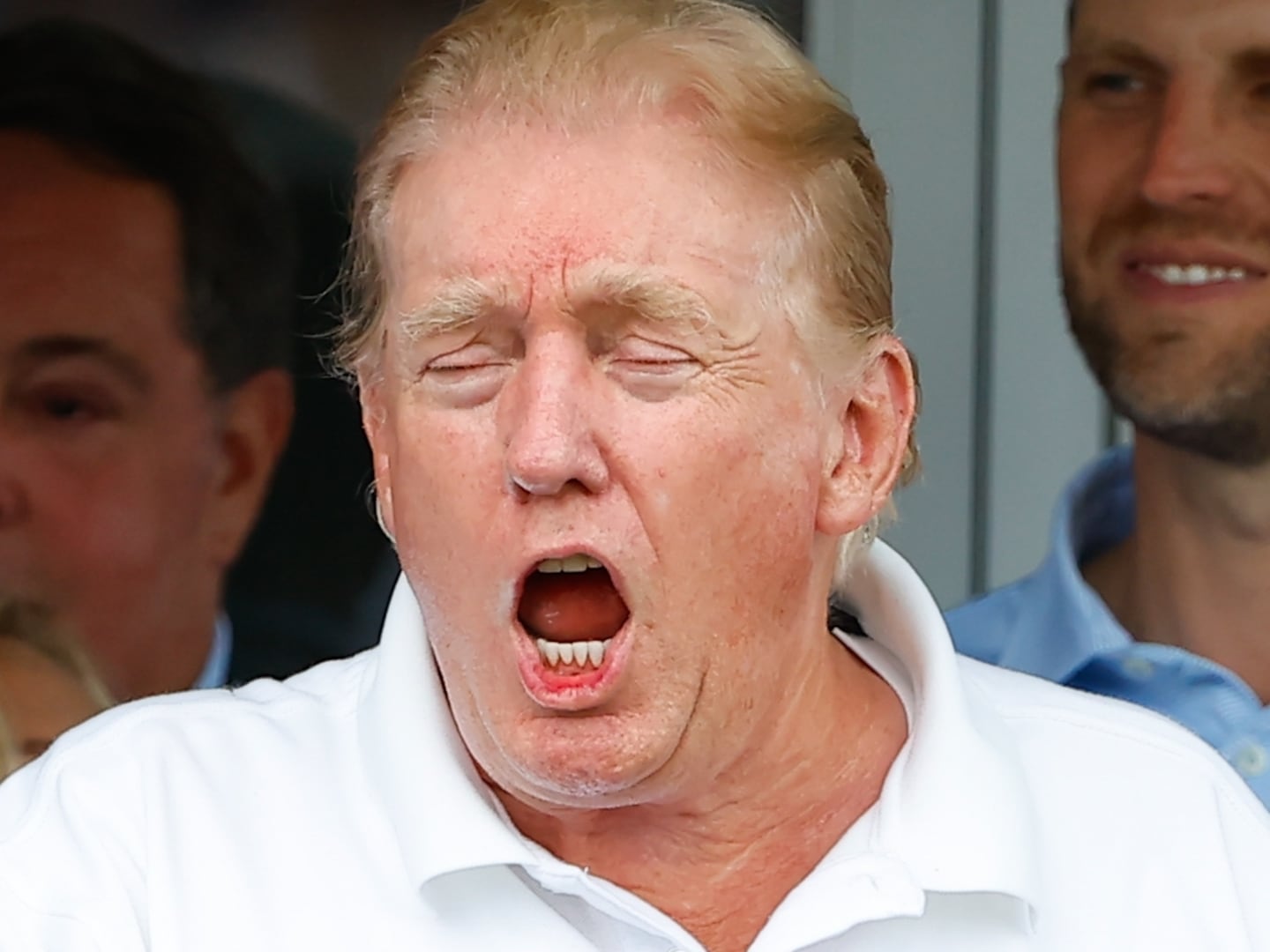Just hours after House Speaker Mike Johnson (R-LA) declared Tuesday that rioters in the Jan. 6 insurrection would have their faces blurred in security footage so they’d avoid prosecution by the DOJ, a spokesperson walked back the Republican leader’s statement.
Speaking at a press conference, Johnson said, “We have to blur some of the faces of persons who participated in the events of that day because we don't want them to be retaliated against and to be charged by the DOJ.”
He added that he didn’t want the House’s release of thousands of hours worth of security footage from Jan. 6—slated to be released in batches over the coming months—to cause insurrectionists any more “concerns and problems” than they’ve already faced.
Raj Shah, a spokesperson for Johnson, wrote in a statement that his boss was mistaken on the reasoning for the blurred faces, insisting that the decision to conceal identities was to protect rioters from harassment by the public—not from prosecution by the DOJ, who already has the raw footage.
“Faces are to be blurred from public viewing room footage to prevent all forms of retaliation against private citizens from any non-governmental actors,” he said.
Shah’s clarification put an end to confusion about whether federal prosecutors already had access to all of the U.S. Capitol’s security footage, which has been instrumental to the prosecution of 1,200 rioters, or not.
Johnson, like other Republicans, has pushed for the full release of footage from the riot to seemingly show that the insurrection was mostly non-violent, despite there being 117 people who’ve been accused or convicted on charges that include using a deadly or dangerous weapon, or causing serious bodily injury to a police officer.
On Tuesday, Johnson said the tapes’ release will allow America to “draw their own conclusions” about what happened.






